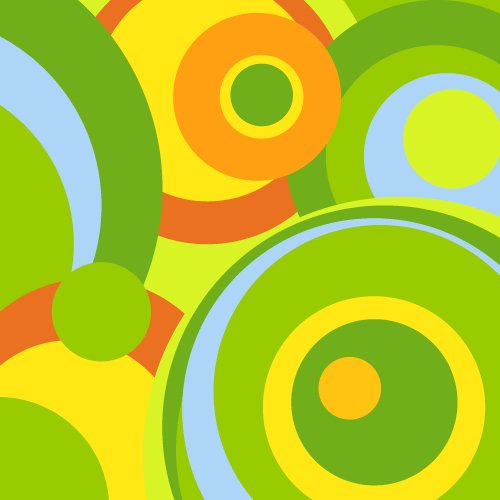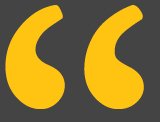dot.spaces extended

You can find an introduction to dot.spaces in the dot.tour >
The intruder
In summer 2022 I wandered into a clothing shop for gays. Not as a tourist but in search of something for my masculine side. Besides, the shop had this cool net shirt in rainbow colours (I still regret I didn’t at least try it on.)
Anyway, I went inside — you could say thoughtlessly or unprepared, unsuspecting. Whichever it was I suddenly became aware that I had entered a space where I didn’t belong. This space was for and about people with a penis who loved people with a penis — in every sense /:-).
And while curiosity pushed me deeper into this space, I felt like I should apologise to the few men who did their best to completely ignore me.
A space for me
The strangest thing about my invasion into their space was that it made me wish for a non-binary space. A space without any nosy tourists, a place that was all about unisex and experimenting with mixing gender-typical clothes, a place run by and for non-binary people where you don’t have to explain yourself, and can just be.
dot.spaces
And then I thought, dot. could provide such spaces: for lesbians, for dwarfs, for shy men, for strong women, for wheelchair people, for macho men, for blind people — there is really no limit to the number of possible dot.spaces.
Mixing
Often I am all for mixing with all sorts of people. But sometimes it is good and relaxing to be among your own.
And then I thought this could be combined: the separate spaces and the mixing. And, of course, it would all happen in a garden. I call it The Spaces Garden.
There would be a centre where everyone mixes, and leading to this centre would be tracks from all sorts of different dot.spaces. A single dot.space could include a dot.workshop, a customer area and a café, or maybe even a party space, pumping trail, a sauna or gallery.
These spaces would be exclusive and accessible via a special gate. Or in other words: you would enter the garden via your gate, walk along a path, hedges on both sides so you can’t peek into one of the other dot.spaces, and eventually you would reach your dot.space. And once you are ready, you can walk on to the centre and mix with all sorts of people.
Well, such a garden would be the most extensive version of the dot.spaces. But there could be smaller gardens with just a few dot.spaces, and there could be single dot.spaces — without any garden, or in a garden. I love gardens.
The important thing would be that each dot.space is designed for the well-being and interest of a specific group. No tourists, not even the accidental wanderer.
Generally speaking, my guess is that such spaces strengthen us and help us to be ourselves. And the stronger and more content we are the more relaxed we will be in the company of our fellow humans.
Summary
So, to summarise this rather new and still pretty sketchy idea:
dot.spaces are not about exclusion (as such). dot.spaces are about making the customer feel at ease, understood and well looked after while providing the customer with clothes that fit the customer’s preferences.
Extending the idea
And maybe the idea could be further extended. You start with a narrowly defined group like black men who love swimming, then you add a next level which could be any man who loves swimming, and another level would be everyone who like sports, and so on. It would be an interesting experiment where people could experience the extension of a group and test which extensions they like, which they don’t like, or only sometimes like.
But maybe
But maybe it is best to start with single dot.spaces, see which work, and then compose some gardens which acknowledge both: that it can be a relief to be among people we can fully relate to and to whom we don’t have to explain ourselves, and that it can be exciting to meet people who are different from ourselves and who in the best case scenario open new worlds to us.
dot.collections
Be that as it may, dot.spaces make also sense for the dot.collections since dot. will create all sorts of outfits for different characters, constitutions, dispositions, moods, professions and whatever else dot.international and the dot.designers will think up. Just imagining a dot.moods space makes me laugh.
And while I am not a fan of uniforms, I like the idea of using clothes as a way to communicate who we are — at least when we want to do that.
There should definitely be dressing choices for times when we aren’t in the mood to open up about who we are.

Sam loved the dot.website. It was like finding things out about yourself. Not all of yourself. Just who you are today, or who you might want to be tomorrow. The mood filter was a good start for that. You could choose one or more of the displayed keywords, or you entered a description yourself, or you used a questionnaire to find out how exactly you were feeling. It was great fun, and the search results were often hilariously fitting.
But today, Sam needed something more serious. They were invited to an important business dinner in two weeks. But they didn’t like suits. Luckily they could type in just that: business dinner, non-binary, don’t like suits or skirts.
And voilà, not all suggestions fitted, but after adding a few more keywords such as strong and ready to negotiate, there were still over fifty good suggestions, and Sam relaxed.
